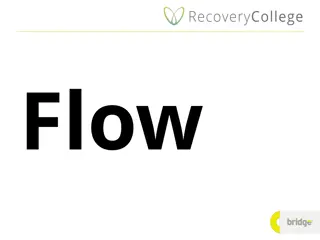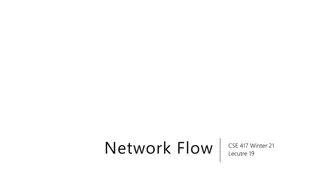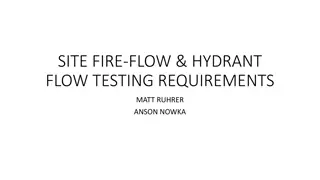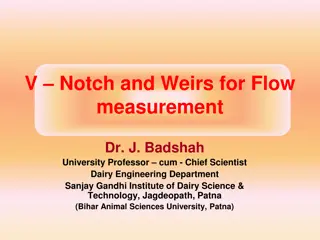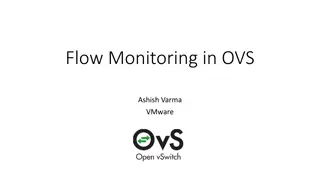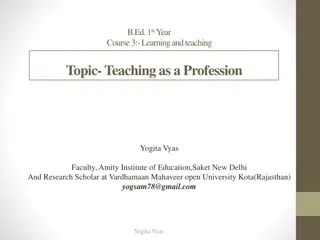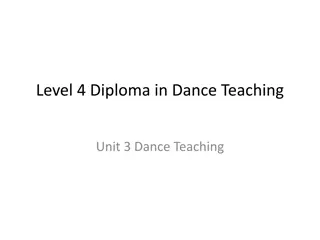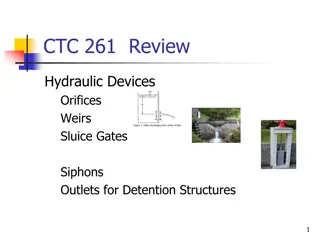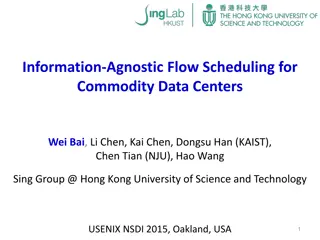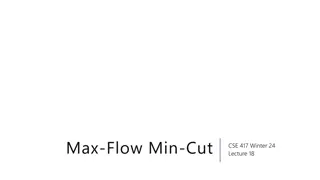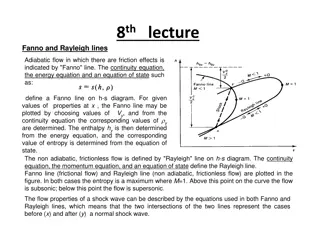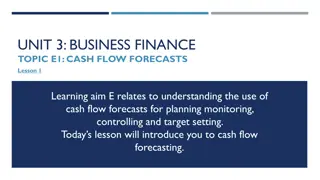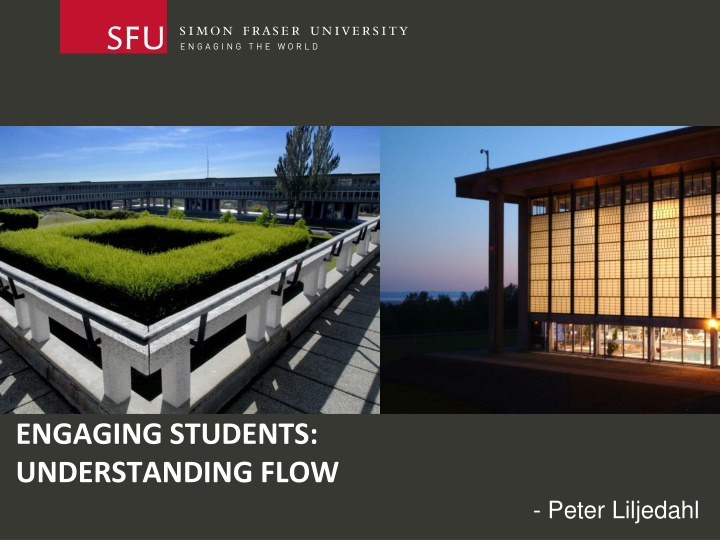
Flow Experience: Engaging Students for Enhanced Learning
Explore the concept of flow experience as described by Csikszentmihalyi and Liljedahl in engaging students for optimal learning. Discover the key elements of flow, its impact on student engagement, and how to create an environment conducive to flow in educational settings.
Uploaded on | 0 Views
Download Presentation

Please find below an Image/Link to download the presentation.
The content on the website is provided AS IS for your information and personal use only. It may not be sold, licensed, or shared on other websites without obtaining consent from the author. If you encounter any issues during the download, it is possible that the publisher has removed the file from their server.
You are allowed to download the files provided on this website for personal or commercial use, subject to the condition that they are used lawfully. All files are the property of their respective owners.
The content on the website is provided AS IS for your information and personal use only. It may not be sold, licensed, or shared on other websites without obtaining consent from the author.
E N D
Presentation Transcript
ENGAGING STUDENTS: UNDERSTANDING FLOW - Peter Liljedahl
1. There are clear goals every step of the way. 2. There is immediate feedback on one s actions. 3. There is a balance between challenges and skills. 4. Attention is focused on one s actions. 5. Distractions are excluded from consciousness. 6. There is no worry of failure. 7. Self-consciousness disappears. 8. The sense of time becomes distorted. 9. The activity becomes satisfying in its own right. - Cs kszentmih lyi (1990) FLOW EXPERIENCE
1. There are clear goals every step of the way. 2. There is immediate feedback on one s actions. 3. There is a balance between challenges and skills. 4. Attention is focused on one s actions. 5. Distractions are excluded from consciousness. 6. There is no worry of failure. 7. Self-consciousness disappears. 8. The sense of time becomes distorted. 9. The activity becomes satisfying in its own right. - Cs kszentmih lyi (1990) FLOW EXPERIENCE - internal
1. There are clear goals every step of the way. 2. There is immediate feedback on one s actions. 3. There is a balance between challenges and skills. 4. Attention is focused on one s actions. 5. Distractions are excluded from consciousness. 6. There is no worry of failure. 7. Self-consciousness disappears. 8. The sense of time becomes distorted. 9. The activity becomes satisfying in its own right. - Cs kszentmih lyi (1990) FLOW EXPERIENCE - external
1. There are clear goals every step of the way. 2. There is immediate feedback on one s actions. 3. There is a balance between challenges and skills. ANXIETY BOREDOM FLOW EXPERIENCE
1. There are clear goals every step of the way. 2. There is immediate feedback on one s actions. 3. There is a balance between challenges and skills. ANXIETY = ENGAGEMENT BOREDOM FLOW EXPERIENCE
1. There are clear goals every step of the way. 2. There is immediate feedback on one s actions. 3. There is a balance between challenges and skills. - CREATING FLOW - FLOW EXPERIENCE
ANXIETY BOREDOM CREATING FLOW
Give extension Introduce doubt Pair with another group ANXIETY Remove a member of the group Pair with another group BOREDOM MANAGING FLOW
Give hint Join the group Pair with a stronger group ANXIETY Give an easier task Answer some of the task Give a hint BOREDOM MANAGING FLOW
ANXIETY BOREDOM STUDENTS SELF-MANAGING FLOW
THANK YOU! liljedahl@sfu.ca www.peterliljedahl.com/presentations


